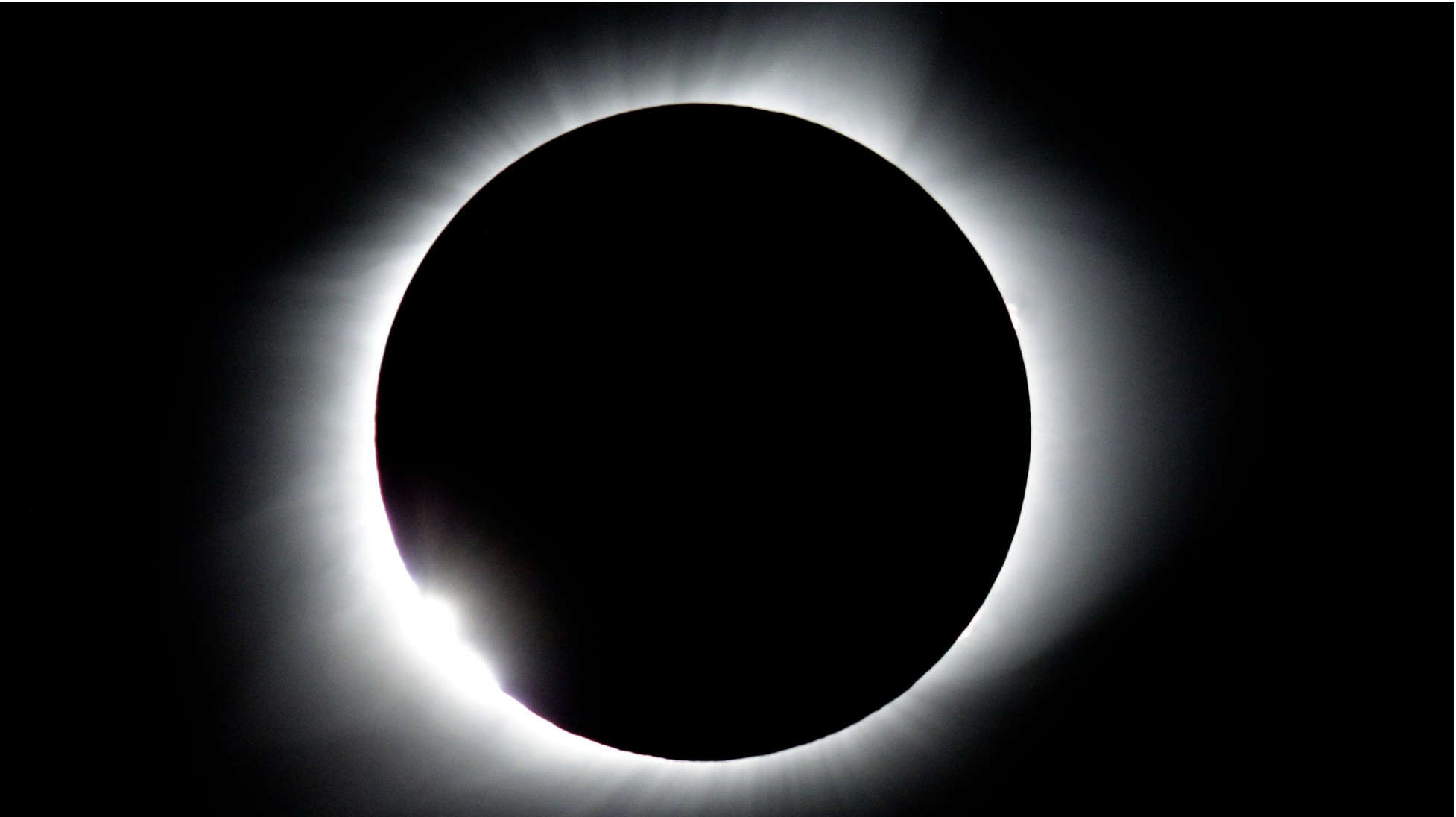
A total solar eclipse will be dazzling us Earthlings on April 8 in what's been described as "our planet's greatest spectacle".
The perfect alignment of Earth, the sun and the moon will be seen again on April 8 - but where exactly will it be spotted from, can I watch it in the UK and what makes this solar eclipse particularly special?
Who will see it and when?
The US, Mexico and Canada will be in the totality path of the eclipse, meaning more than 31 million people across 15 states will be treated to the mesmerising sight of the sun being obscured by the moon.
According to NASA, the first location in North America where people will be able to view the eclipse in totality will be Mexico's Pacific coast at around 11.07am PDT.
The eclipse's path will then enter the United States in Texas and travel through Oklahoma, Arkansas, Missouri, Illinois, Kentucky, Indiana, Ohio, Pennsylvania, New York, Vermont, New Hampshire, and Maine.
Small parts of Tennessee and Michigan will also experience the total eclipse, before the path moves on to Canada in Southern Ontario, Quebec, New Brunswick, Prince Edward Island, and Cape Breto. Its last sighting will be in Newfoundland.
Is there any way to see it in the UK?
NASA says it will be providing a live stream of the celestial event, providing telescope views from several sites along the eclipse path.
You'll be able to watch that on NASA's official YouTube channel.
But you might also be able to catch a partial solar eclipse in the flesh on the same day, according to TimeandDate.com, in the following UK cities:
- Cardiff
- Edinburgh
- Glasgow
- Leeds
- Liverpool
- Manchester
The start of the partial eclipse will be at 7.52pm (BST) and end at 8.51pm, according to the site.
What exactly do people see during a full solar eclipse?
The event will see the sky fall dark as if it were dawn or dusk, and a halo form around the sun as its light is blocked out by the moon.
If there is clear weather, people along the eclipse's path will see the sun's corona, or outer atmosphere, which is usually obscured by the bright face of the sun, according to NASA.
NASA urges viewers to wear specialised eye protection during the eclipse, as it's not safe to look at the sun apart from at the very brief moment where it's completely blocked by the moon.
"A total solar eclipse is one of the grandest sights in nature - and may be very rare anywhere in the galaxy," Chris Lintott, professor of astrophysics at the University of Oxford, told Sky News.
"I get a shiver down my spine every time," he added.
Partial solar eclipses are known to make the sun appear to have a bite taken out of it, because the moon only covers part of the sun rather than the entire thing.
Why is this one so special?
This one's a bit of an anomaly, because total solar eclipses are only meant to happen once every 375 years in any one place in the world - yet people in the US state of Illinois will see it for the second time in seven years.
The 21,000-strong city of Carbondale in Illinois saw a total solar eclipse in August 2017 and the fact they'll now see one again so soon after is incredibly rare.
It's earned the state a new nickname: the eclipse crossroads of America.
"Southern Illinois is considered the eclipse crossroads of America because it was in the centreline for the path of totality in 2017 and will be again in 2024," the Illinois Department of Natural Resources said.
When will a full solar eclipse next be seen in the UK and when was the last one?
A partial eclipse will be viewed across 90 per cent of the country in 2026, but it won't be a total one until 2081 in the Channel Islands or 2090 in the South West.
The last full solar eclipse seen in the UK came in 1999, which was spotted over Cornwall and parts of Devon. Unfortunately, clouds covered it from view in most other areas it should have been spotted over.
Total solar eclipses generally occur every 18 months or so, but partial ones take place between two and five times a year.

(c) Sky News 2024: Total solar eclipse: Can I see it in the UK and why is this one unique?

 Vintage Vehicles And Classic Cars To Feature At Eastbourne Motor Show
Vintage Vehicles And Classic Cars To Feature At Eastbourne Motor Show
 Newhaven RNLI Sends Out Mayday Call For Fundraising
Newhaven RNLI Sends Out Mayday Call For Fundraising
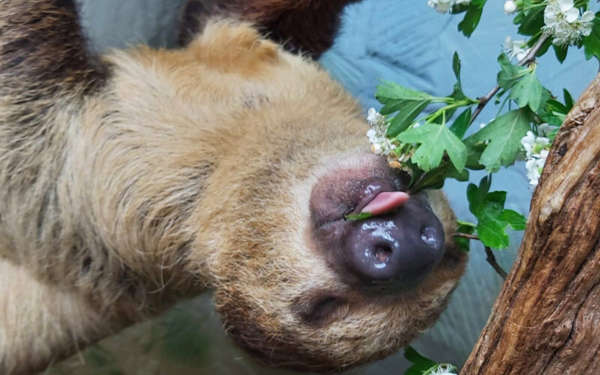 Planning A Pruning? Sussex Zoo Invites Gardners To ‘Skip The Tip’ And Donate
Planning A Pruning? Sussex Zoo Invites Gardners To ‘Skip The Tip’ And Donate
 Katie Price Threatened With Jail If She Keeps Missing High Court Hearings About Her Bankruptcy
Katie Price Threatened With Jail If She Keeps Missing High Court Hearings About Her Bankruptcy
 Brighton & Hove Leader Criticises Government's Growth Hub Plan
Brighton & Hove Leader Criticises Government's Growth Hub Plan
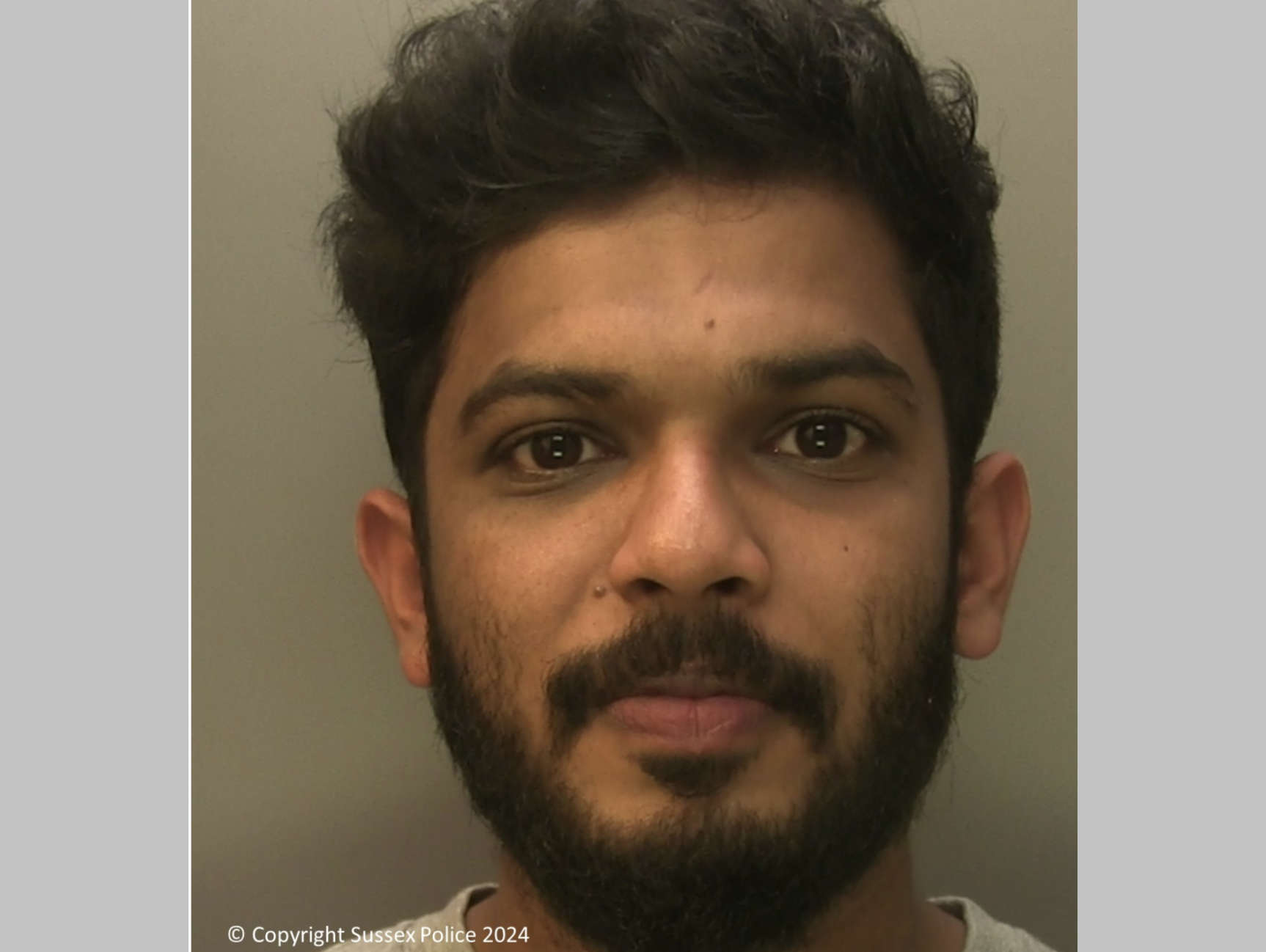 Man Sentenced For Fatal Hit And Run Crash In Eastbourne
Man Sentenced For Fatal Hit And Run Crash In Eastbourne
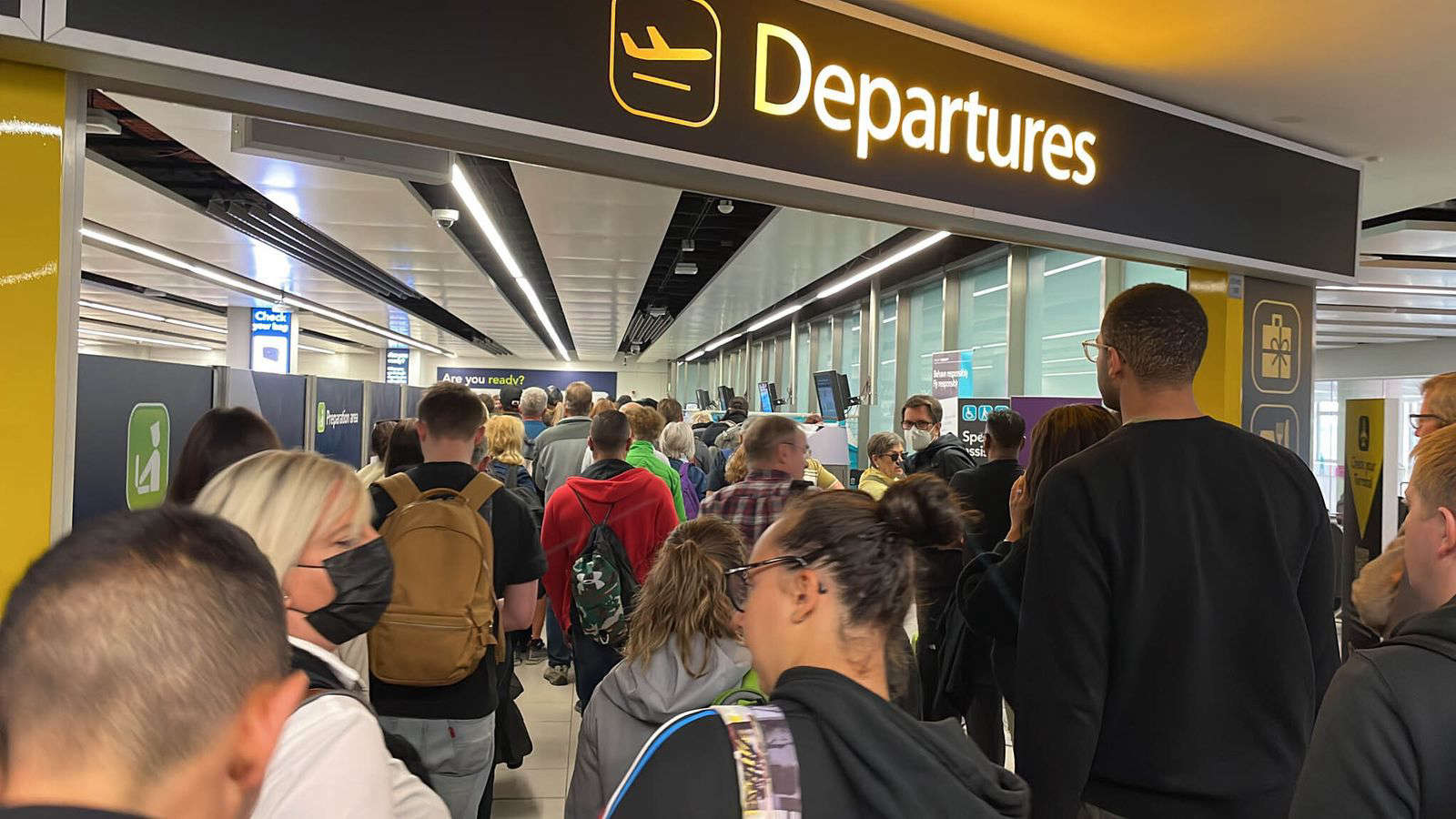 Gatwick ‘Meet And Greet’ Parking Firms: Passengers Urged To Do Their Research
Gatwick ‘Meet And Greet’ Parking Firms: Passengers Urged To Do Their Research
 Free Book On The Menu For West Sussex Meals On Wheels Clients
Free Book On The Menu For West Sussex Meals On Wheels Clients
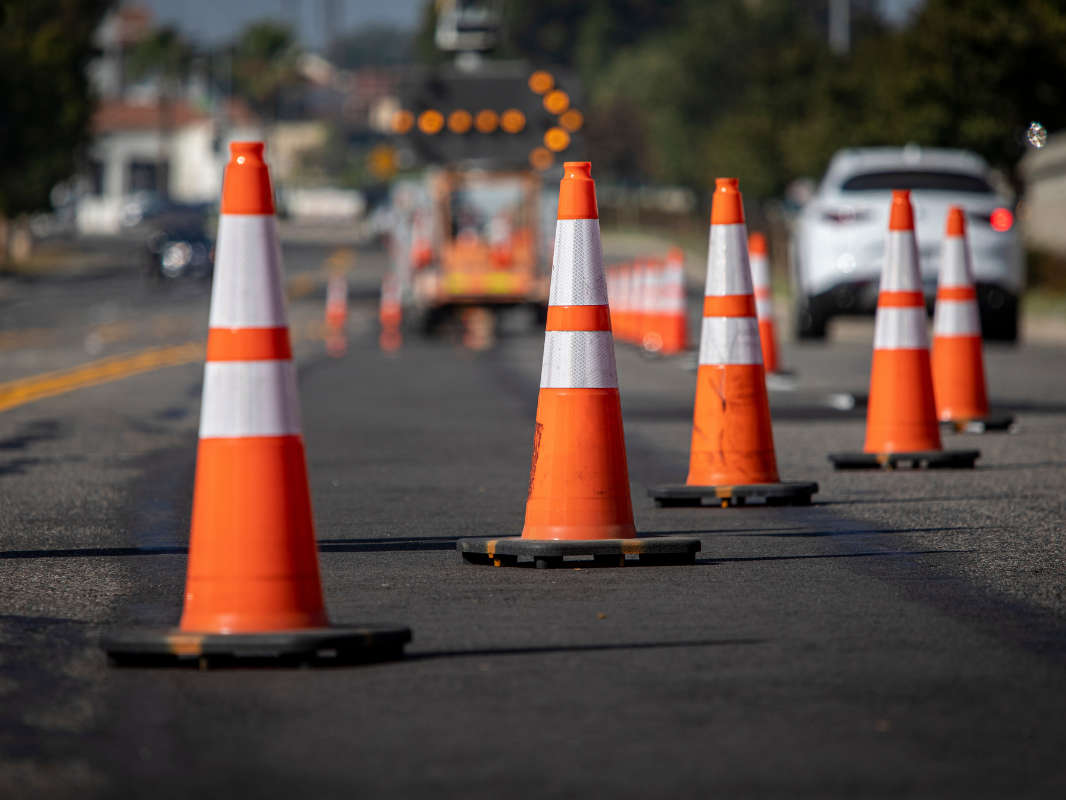 Resurfacing Work To Begin On Brighton's Lewes Road Next Week
Resurfacing Work To Begin On Brighton's Lewes Road Next Week
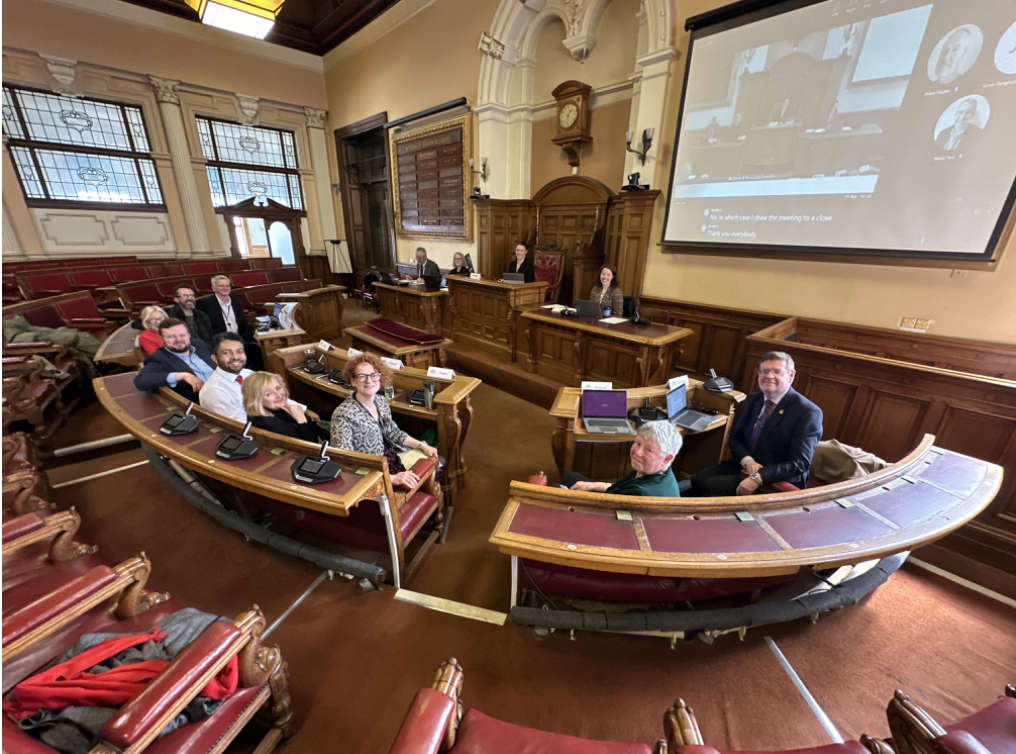 Brighton & Hove Councillors Vote To Scrap Member Appeals Panels
Brighton & Hove Councillors Vote To Scrap Member Appeals Panels